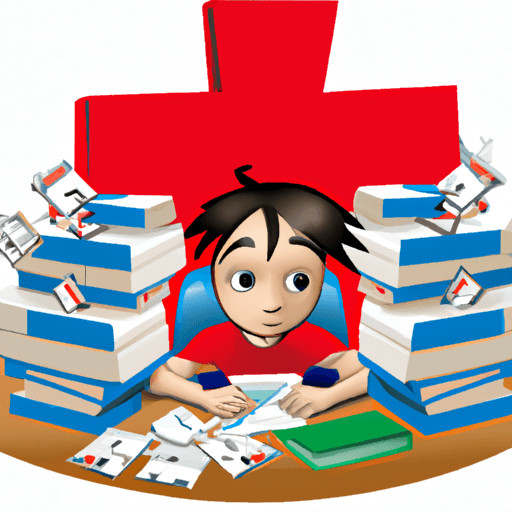In the Current Educational Landscape: A Comprehensive Analysis of Standardized Testing
Standardized testing has dominated the educational landscape for several decades, serving as the main tool for evaluating students' knowledge and understanding. However, in recent years, the efficiency and fairness of these tests have sparked national discourse.
The paramount question driving this debate is: “Should Standardized Testing Be Abolished in the Educational System?” This query has prompted significant controversy due to its far-reaching implications on students, teachers, schools, and the education system as a whole.
An Assessment of Multiple Perspectives
This article explores various perspectives regarding the use of standardized testing, analyzing its perceived benefits, drawbacks, and potential alternatives. We incorporate views from different stakeholders in the educational community, including educators, students, experts, and policymakers, to provide a comprehensive and balanced view of this issue.
Perceived Benefits and Drawbacks
To understand the role of standardized testing, we first must recognize its proclaimed advantages. Advocates argue that standardized tests provide a fair, objective, and efficient way to evaluate student learning, guide instruction, and hold schools accountable.
However, opponents of standardized testing cite several concerns, focusing on its potential impact on teaching quality, student learning, and educational equity. These critics argue that standardized testing encourages teaching to the test, narrowing the curriculum and stifling creativity. They also claim that these tests do not accurately reflect students' full range of abilities, disproportionately disadvantaging students from lower socio-economic backgrounds.
Potential Alternatives to Standardized Testing
The debate around standardized testing is incomplete without examining its potential alternatives. Some educators and experts suggest the use of authentic assessments, portfolio-based assessments, or formative assessments instead of standardized tests. These alternatives aim to measure students' depth of understanding, critical thinking, and creativity more effectively.
Empirical Studies and Expert Testimonies
We also delve into empirical research, case studies, statistical data, education theory, and expert testimonies to gain a deeper understanding of the impact of standardized testing on our education system. These resources shed light on the direct and indirect effects of these tests on students, teachers, schools, and communities.
We invite you to join us in this thoughtful examination as we navigate one of the most significant debates in education today.




















Comments
Leave a Comment